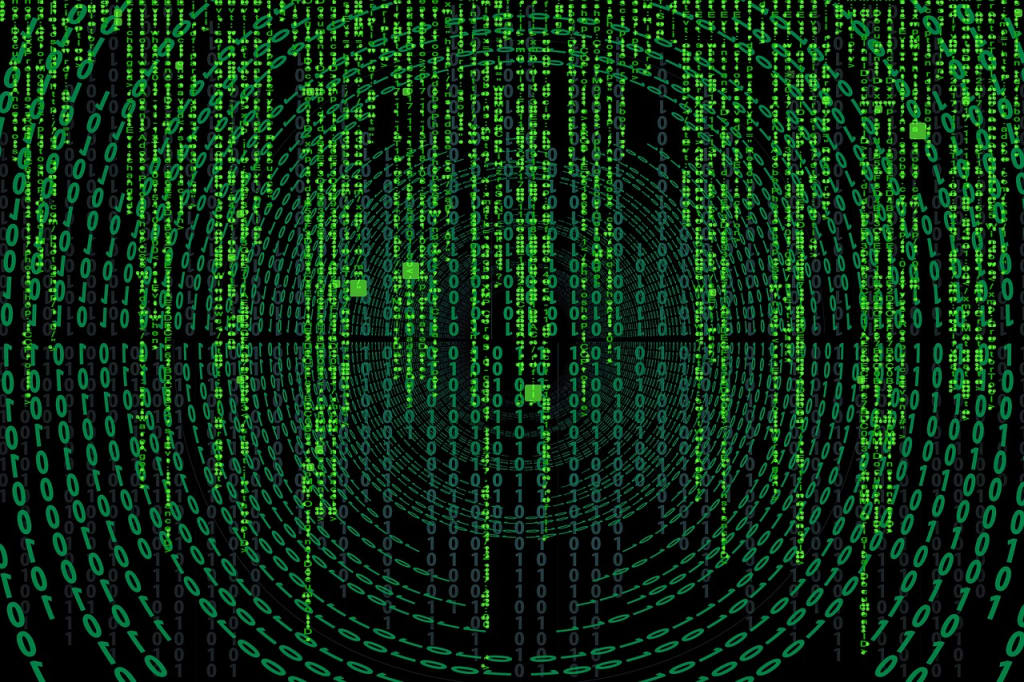Blockchain and Data Security
Safeguarding sensitive information using

Introduction:
Data security is a critical concern in today's digital age. With increasing instances of data breaches and unauthorized access to sensitive information, businesses and individuals are seeking robust solutions to protect their data. Blockchain technology, known for its decentralized and immutable nature, offers promising solutions to enhance data security. In this article, we will explore how blockchain can be used to safeguard sensitive information and provide a more secure data storage and management system.
Immutable and Tamper-Proof Records:
One of the key features of blockchain technology is its immutability. Once data is recorded on the blockchain, it cannot be altered or tampered with, ensuring the integrity of the information. This makes it ideal for storing sensitive data such as financial records, medical records, and identity information, where data integrity is crucial.
Distributed Ledger and Data Redundancy:
Blockchain operates on a distributed ledger system, where multiple copies of the ledger are stored across a network of computers. This distributed nature ensures data redundancy, making it highly resistant to single points of failure or data loss. Even if one node or copy of the ledger is compromised, the data remains accessible from other nodes, maintaining the security and availability of information.
Enhanced Data Privacy:
Blockchain provides enhanced data privacy through cryptographic techniques. Users can have control over their data and choose what information to share and with whom. Blockchain-based systems can enable data sharing with the use of private and public keys, ensuring that only authorized parties can access and decrypt sensitive information.
Decentralized Access Control:
Traditional centralized systems often rely on a single entity for access control, making them vulnerable to hacking or unauthorized access. In contrast, blockchain-based systems can implement decentralized access control mechanisms. Smart contracts can be used to define access rules and permissions, allowing data owners to maintain control over their information and determine who can access it.
Encryption and Hashing:
Blockchain systems can utilize encryption and hashing techniques to secure data. Data stored on the blockchain can be encrypted to ensure that only authorized parties can decrypt and access it. Hashing algorithms can also be used to convert sensitive information into a unique fixed-length string of characters, ensuring the confidentiality and integrity of the data.
Auditing and Transparency:
Blockchain provides transparent and auditable records of data transactions. Every transaction and modification made on the blockchain is recorded and timestamped, creating an audit trail that can be verified by all participants. This transparency and immutability make it easier to detect unauthorized changes or breaches, enhancing data security and accountability.
Consensus Mechanisms:
Blockchain networks rely on consensus mechanisms to validate and secure data. These mechanisms, such as Proof of Work (PoW) or Proof of Stake (PoS), ensure that data added to the blockchain is validated by a majority of network participants. This consensus process enhances the security of the data by preventing malicious actors from manipulating or altering the information stored on the blockchain.
Secure Data Transfer and Sharing:
Blockchain technology can facilitate secure data transfer and sharing between parties. By leveraging smart contracts and cryptographic techniques, blockchain-based systems can enable secure and tamper-proof data exchanges, reducing the risk of data interception or unauthorized access during transit.
Recovery and Resilience:
Blockchain's distributed nature contributes to data recovery and resilience. In the event of a network failure or data loss, the distributed ledger ensures that data can be recovered from other nodes, minimizing the impact of disruptions and enhancing data resilience.
Conclusion:
Blockchain technology offers significant potential in enhancing data security by providing immutability, decentralized access control, encryption, and transparent auditability. Its decentralized nature and cryptographic techniques contribute to safeguarding sensitive information from unauthorized access and tampering. While blockchain is not a one-size-fits-all solution, it provides a strong foundation for building secure data storage and management systems. As the technology continues to evolve, we can expect further advancements and implementations that address specific data security challenges across various industries.





Comments (1)
Informative blog with most of the logical reasoning! With my research I found a very reliable blockchain cyber attack protection company - Vibranium Audits. It helps you to protect your blockchain network from cyber attacks, with smart contract auditor's security best practices. For more information visit us at - https://www.vibraniumaudits.com/ Contact us at - [email protected]